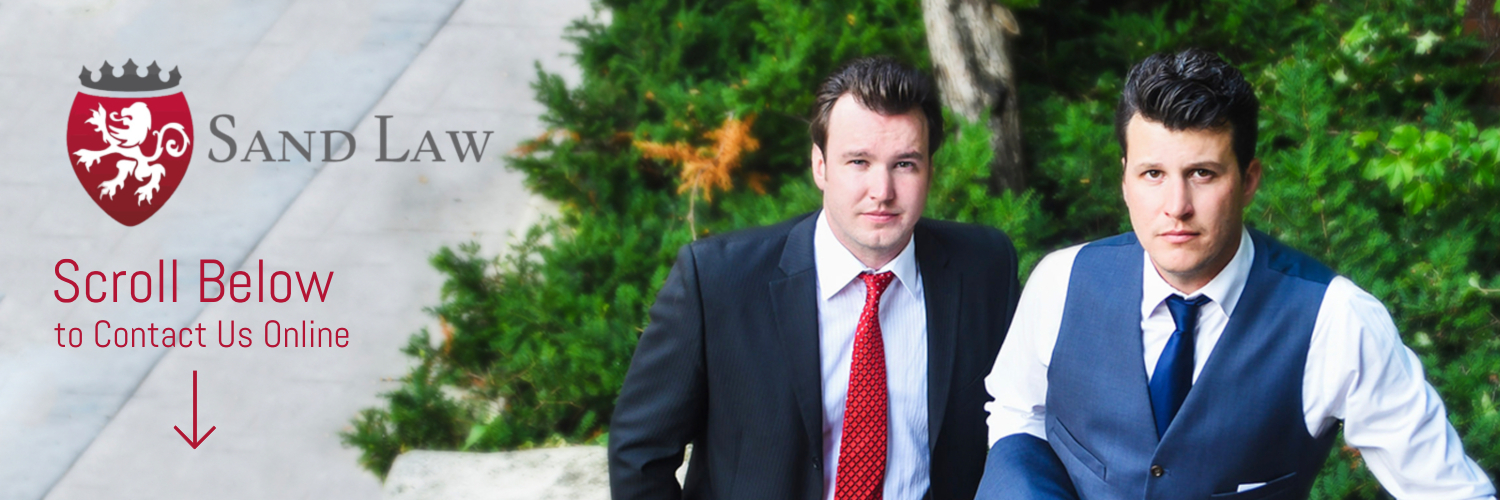On the night of September 26, 2003, 23-year old Brian Frazier stopped his car near a railway crossing in Anoka. Suddenly, without warning, a BNSF train came barreling down the tracks. The train struck Frazier’s car. Frazier and his 3 passengers were killed instantly.
BNSF extended its condolences to all four families. But for those families, that was insufficient compensation for the magnitude of their loss. The families hired a wrongful death attorney and took their case to court. Their lawyer fought on their behalf for almost a decade. Finally, in May of 2012, a jury in Saint Paul awarded the families a settlement of $29 million, one of the largest wrongful-death settlements in state history. BNSF agreed that it would not appeal the case to the U.S. Supreme Court and that it would pay the settlement.
Wrongful Death In Minnesota
The laws which govern wrongful death vary from state to state. If you live in Minnesota and are planning to bring a wrongful death action, it’s important to know how wrongful death is defined in the state, who may file a wrongful death lawsuit, what damages could be awarded, and the time limits for taking action.
What Is Wrongful Death In Minnesota?
Wrongful death is defined by Minnesota statutes section 573.02 as a death “caused by the wrongful act or omission of any person or corporation.” Wrongful death can be either intentional or an act of negligence, including the failure to act by another person. For example, a physician who misdiagnoses a patient did not intend for the patient to die. But they could still be liable for wrongful death based on his medical negligence. Common causes of wrongful death include:
- Medical malpractice: A doctor could be found to have misdiagnosed a patient’s illness. Or to have made serious errors in surgery or patient treatment.
- Motor vehicle accidents: If a death occurs because a driver was intoxicated or distracted, the driver could be found liable for wrongful death.
- Pedestrian accidents: Wrongful death can be attributed to a driver who is found to have caused the death of a pedestrian due to reckless driving. Or to a municipality if the town or city did not provide safe walkways.
- Workplace accidents: If a worker dies because an employer was negligent in complying with workplace safety standards, the employer can be sued for wrongful death.
Who Is Eligible To Bring A Wrongful Death Lawsuit?
The laws which apply to wrongful death are similar to those involving personal injury. The difference is that, in the case of wrongful death, the injured party is deceased and thus unable to sue. In Minnesota, surviving relatives are eligible to file a wrongful death lawsuit. Surviving relates to the deceased that can bring forth a wrongful death claim including a spouse, children, parents, grandparents, and siblings. Eligible surviving relatives can sue for both losses sustained by the deceased, as well as any losses they suffered. If survivors do not wish to pursue the lawsuit themselves, they may petition the court to appoint a trustee of their choice to pursue the wrongful death lawsuit on their behalf.

What Money Damages Can Be Included In A Wrongful Death Lawsuit?
Survivors of the deceased, or their trustee, can sue for any or all of the following money damages:
- Funeral expenses
- Burial expenses
- Medical expenses (when the deceased survives and is treated for a period of time)
- Loss of income, wages, and benefits (which would otherwise have been earned by the deceased)
- Mental anguish
- Loss of companionship, care, and guidance
Are There Time Limits To File A Wrongful Death Claim?
Minnesota, like other states, imposes time limits to bring both civil and criminal cases. In the case of wrongful death, surviving family members must file their claim within three years of the deceased person’s death. Courts are generally strict in this regard and will, with rare exceptions, refuse to hear a case that has exceeded the statute of limitations.
Hire A Wrongful Death Attorney For Legal Guidance
The loss of a loved one is painful under any circumstances, but especially when your loved one’s death was the result of the wrongful actions of another. At such times, it’s difficult to think clearly about what your next steps should be. This is a time when you need the help and guidance of the most competent personal injury lawyer you can find.
The trial lawyers at Sand Law, LLC will take the time to understand your unique circumstances and provide you with the tailored guidance you need to make informed decisions. We will take a no-nonsense approach to help you through your personal and legal challenges. We will be happy to meet with you at our offices in either Saint Paul or White Bear Lake. Contact us today to schedule your free consultation.

